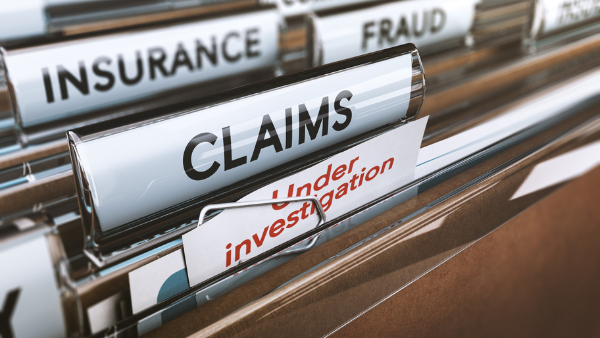
Facing a misfeasance claim as a company director can be a daunting and stressful experience. Misfeasance, as defined by section 212 of the Insolvency Act 1986, occurs when a director or ex-director misapplies, misappropriates, retains, or becomes accountable for a company’s money or property. The implications are serious, often involving allegations of misconduct, dishonesty, or bad behaviour that result in financial losses for creditors.
Given the severity of such claims and the potential legal costs ranging from £30,000 to £60,000 or more, understanding how to defend yourself is crucial. Here’s a guide to help you navigate the defence process effectively.
Understanding Misfeasance
Before diving into defence strategies, it’s essential to understand what constitutes misfeasance and the typical scenarios where these claims arise. Misfeasance claims often surface during insolvency proceedings and can be brought forward by insolvency practitioners, creditors, and official receivers.
Common Examples of Misfeasance
- Preference in Payments: Paying specific creditors preferentially, especially those with personal guarantees.
- Transactions Under Value: Selling business assets for less than their true value, diverting assets away from creditors.
- Concealing or Removing Assets: Purposefully hiding or moving assets to prevent them from being sold during insolvency.
- Taking a High Salary: Drawing a salary that the company cannot sustain, especially during financial difficulties.
- Failure to Monitor Financial Situation: Neglecting to manage and address financial problems adequately.
Preparing Your Defence
1. Act Quickly and Consult an Expert
Upon receiving a threat of misfeasance proceedings, it’s critical to act swiftly. Engage an expert such as Insolvency & Law in these cases, as we can provide tailored advice and help you understand the nuances of your situation.
2. Gather and Preserve Evidence
Documentation is your best ally in defending a misfeasance claim. Collect and organise all relevant documents, including:
- Bank Statements: To track all financial transactions.
- Communication Records: Emails, letters, and notes that demonstrate your actions and decisions.
- Financial Reports: Audits, balance sheets, and cash flow statements that provide a financial overview of the company.
3. Prove Honest Intentions
A common defence against misfeasance is demonstrating that any breach of duty was unintentional and done with the aim of preserving the company’s interests. You must show that:
- Your actions were in good faith and aimed at benefiting the company.
- You had no personal gain from the alleged misfeasance.
- You acted on the advice of professionals where appropriate.
4. Evaluate the Losses and Benefits
Assess the overall loss incurred by the company and determine whether you personally benefited from the actions. If your actions did not lead to personal gain or if they were intended to minimise losses for all parties involved, this can strengthen your defence.
5. Identify Other Responsible Parties
If other directors or parties were involved in the decisions or actions leading to the misfeasance claim, identify their roles and responsibilities. Highlighting shared responsibility or missteps by other parties can provide a broader context and potentially mitigate your liability.
6. Seek an Out-of-Court Settlement
In some cases, especially when faced with compelling evidence and a well-funded claimant, pursuing an out-of-court settlement might be the most pragmatic approach. Mediation can result in less costly resolution.
Defending against a misfeasance claim requires a strategic approach, timely action, and thorough preparation. By understanding the nature of misfeasance, gathering substantial evidence, and demonstrating honest intentions, you can effectively counter the allegations. Always consult with an expert to guide you through the complexities of your specific case.
If you are facing financial difficulties and the potential for insolvency, it’s always best to seek professional advice sooner rather than later. Proactive management and early intervention can prevent the situation from escalating to misfeasance proceedings.
Book a confidential consultation with IL Advisory today to safeguard your interests and navigate the challenges ahead. Email us no at info@iladvistory.co.uk
